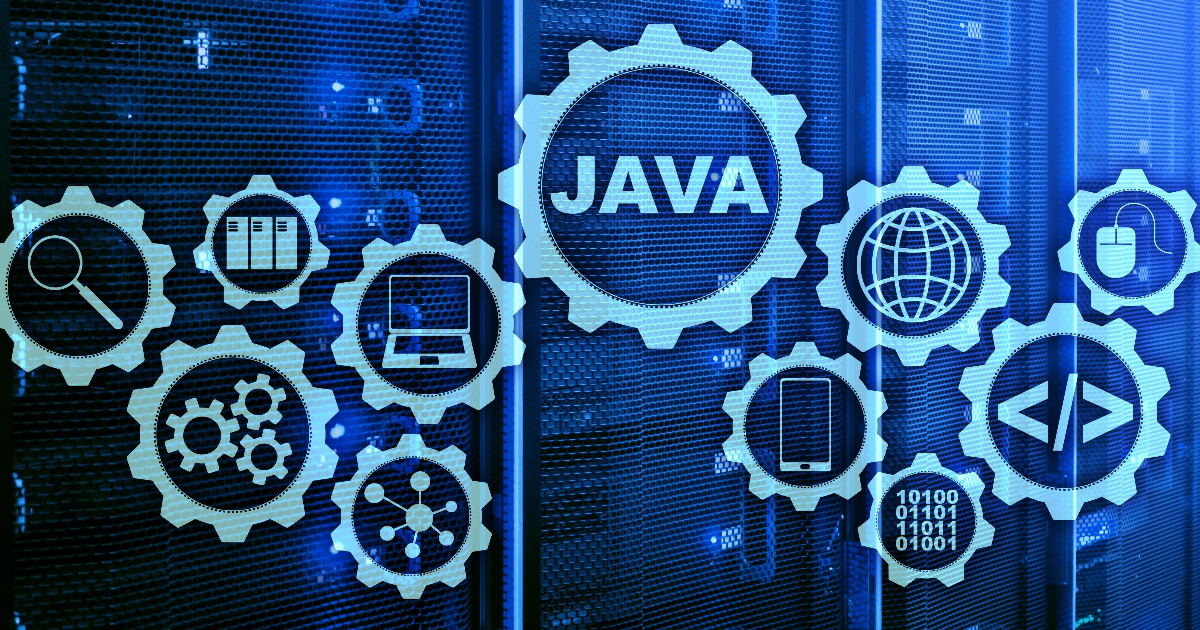Codetown
Codetown ::: a software developer's community
Groovy and Grails biggest problem...
Replies to This Discussion
-
Permalink Reply by Zemian Deng on July 22, 2008 at 11:19am
-
Robert Dempsey said:What I am looking for is performance comparisons of Groovy/Grails with other frameworks combined with Java such as Spring.
Hello Robert, Have you explored Scala programming? It gives you the short and flexibility of Groovy like expressiveness, but yet has good performance as close as to Java itself! Scala is static typed instead of dynamic though. Check out other post I made few days ago under Other JVM Group on this site see if you like it.
-Z -
-
Permalink Reply by Jim Moore on August 27, 2008 at 10:36pm
-
What needs to be performant and why? Things like Twitter are built on a notoriously slow platform (ie, Ruby on Rails) but it's plenty fast enough.
Grails is obviously slower than Spring MVC since it's built on old versions of Spring MVC and Spring WebFlow. Does it matter? For the vast majority of web sites the answer is trivially simple: No.
Scala is faster and slower than Java depending on what you're doing. Groovy is slower than both, but who cares? It's more than fast enough for what it's used for.
If you really need speed, write in assembly code. If you think that's not reasonable, then ask yourself why you're willing to sacrifice that speed to be able to write in Java. Then apply the same reasoning to why you would program in something like Grails.
Note that I'm not saying that you should use Grails, just that looking at performance without solid reasons *why* is well beyond foolish. -
-
Permalink Reply by Jackie Gleason on October 15, 2009 at 5:07pm
-
There are some performance issues (For example I have been told my IDE friendly specific typing can cause issues) that make Scala/Java better for some high volume projects. However, for simplicity and readability groovy is a better way to develop, IMHO
Jackie -
-
Permalink Reply by John Thompson on January 3, 2010 at 8:03am
-
To answer adoption - Grails is becoming more and more mainstream. Sky.com, Wired, and Walmart (specifically mp3.walmart.com) are some notable sites using Grails.
In benchmarking, yes, Grails is slower. But improvements are being made, both to Groovy and Grails itself.
And benchmarks are generally useless in the real world. Every application is different. Bad code, poor database design, poor technology choices, etc are going to have a far greater impact then the language used.
Where performance is an issue, you can always use Java (or Scala). In fact, much of the Grails framework is in Java, not Groovy. It all comes down to using the right tool for the job.
Also - in the age of distributed computing, I need to ask who cares if there is a 20-30% performance penalty. What does it matter if you need to spool up another VM or two in the cloud? -
Notes
Welcome to Codetown!
 Codetown is a social network. It's got blogs, forums, groups, personal pages and more! You might think of Codetown as a funky camper van with lots of compartments for your stuff and a great multimedia system, too! Best of all, Codetown has room for all of your friends.
Codetown is a social network. It's got blogs, forums, groups, personal pages and more! You might think of Codetown as a funky camper van with lots of compartments for your stuff and a great multimedia system, too! Best of all, Codetown has room for all of your friends.
Created by Michael Levin Dec 18, 2008 at 6:56pm. Last updated by Michael Levin May 4, 2018.
Looking for Jobs or Staff?
Check out the Codetown Jobs group.
InfoQ Reading List
Spring News Roundup: First Milestone Releases of Boot, Security, Integration, Modulith, AMQP

There was a flurry of activity in the Spring ecosystem during the week of January 19th, 2026, highlighting the first milestone releases of: Spring Boot; Spring Security; Spring Integration; Spring Modulith; and Spring AMQP; along with the second milestone release of Spring AI.
By Michael RedlichEnhancing A/B Testing at DoorDash with Multi-Armed Bandits

While experimentation is essential, traditional A/B testing can be excessively slow and expensive, according to DoorDash engineers Caixia Huang and Alex Weinstein. To address these limitations, they adopted a "multi-armed bandits" (MAB) approach to optimize their experiments.
By Sergio De SimoneTwo Missing Characters: How a Regex Flaw Exposed AWS GitHub Repos to Supply-Chain Risk

AWS recently published a security bulletin acknowledging a configuration issue affecting some popular AWS-managed open-source GitHub repositories. Dubbed CodeBreach, the critical vulnerability could have resulted in the introduction of malicious code and hijacking of the repositories leveraging AWS CodeBuild.
By Renato LosioGoogle’s Universal Commerce Protocol (UCP) Powers Agentic Shopping

Google has launched the Universal Commerce Protocol (UCP), an open-source standard designed to enhance commerce on AI-powered platforms. UCP creates a common language for agentic shopping, enabling seamless interactions among consumers, businesses, and payment providers.
By Robert KrzaczyńskiExpired Oracle Patent Opens Fast Sorting Algorithm to Open Source Databases

A recent article reports that an Oracle patent on a fast sorting method has expired, allowing open source databases to use it freely. Mark Callaghan, the inventor behind the sorting algorithm, shows how this 20-year-old approach can speed up sorting similar data and could make database systems faster and more efficient.
By Renato Losio
© 2026 Created by Michael Levin.
Powered by
![]()